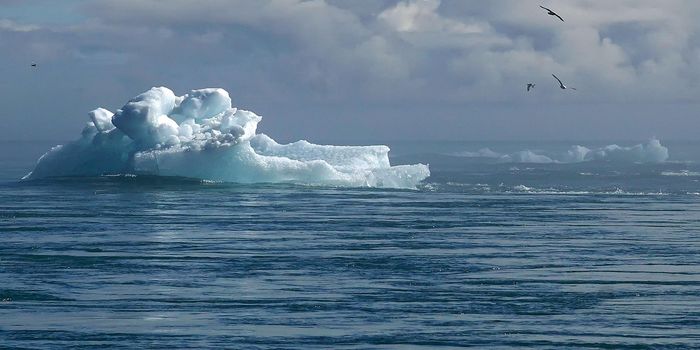
Around the world, reindeer numbers are dwindling and scientists fear the species could be in danger. While tales of flying reindeer are mostly the stuff of fairy tales and holiday movies, nonflying reindeer are very real and an important part of many ecosystems in the northern part of the globe.
Reindeer herds can currently be found in Finland, Sweden, Norway, Canada, Alaska, Russia, Mongolia and China, and populations across the board are declining. In a new study, researchers from Renmin University in Beijing focused on the reindeer population in China, which has declined about 28 percent since the 1970s. Reindeer are believed to have migrated to China from Siberia, along with the Ewenki tribe who did not hunt them and provided the herd with basic a basic food supply.
The researchers determined how many reindeer were left in China (about 770) by interviewing the Ewenki herders and looking through old population records. The Ewenki often tie colored ribbons around the reindeer's necks to help differentiate the animals.
The researchers pointed to several reasons reindeer populations are decreasing, but the number one cause they found was inbreeding. Reindeer are split up into small, shrinking groups and opportunities to breed are limited. Without more genetic variation, the populations will eventually collapse.
Further, more and more of the reindeer's historic caretakers are leaving the herds behind. Young Ewenki men have trouble adjusting to the isolation of the reindeer's natural habitat. As of 2012, there were only 33 reindeer herders left in China. The lack of herders means reindeer will get lost from the herd or fall victim to poachers.
Reindeer are currently listed on the International Union for Conservation of Nature's threatened species list under the "least concern" category. But the researchers say this classification, which is based on a 2008 survey of the population, needs updating.
Strengthening the declining population could also boost the health of ecosystems and enhance local economies, the researchers said.
The findings were published in the December issue of the Journal for Nature Conservation.
 Around the world, reindeer numbers are dwindling and scientists fear the species could be in danger. While tales of flying reindeer are mostly the stuff of fairy tales and holiday movies, nonflying reindeer are very real and an important part of many ecosystems in the northern part of the globe.
Around the world, reindeer numbers are dwindling and scientists fear the species could be in danger. While tales of flying reindeer are mostly the stuff of fairy tales and holiday movies, nonflying reindeer are very real and an important part of many ecosystems in the northern part of the globe.







